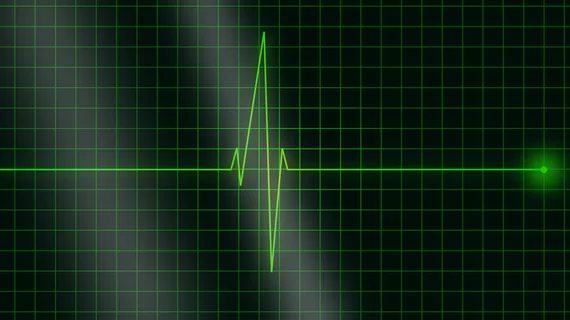Epilepsy groups investigate FDA warning that lamotrigine could harm patients with heart problems
The FDA recently warned that lamotrigine, an antiseizure medication primarily sold under the name Lamictal, could be harmful for patients with certain cardiac conditions. The warning left some healthcare providers feeling confused—after all, they had been prescribing lamotrigine for many years—and the International League Against Epilepsy (ILAE) and American Epilepsy Society (AES) formed a task force to examine the topic in detail.
First, a bit more about the warning: The FDA updated its prescribing information for lamotrigine back in October, noting that the medication could “slow ventricular conduction or induce proarrhythmia, including sudden death, in patients with structural heart disease or myocardial ischemia” and should be avoided when treating patients with cardiac conduction disorders, ventricular arrhythmias, myocardial ischemia, heart failure, structural heart disease, Brugada syndrome “or other sodium channelopathies.” The warning was based on data from Lamictal’s manufacturer, GlaxoSmithKline.
The ILAE/AES Task Force published an 8-page evaluation of the ongoing situation, which can be read in full in the journal Epilepsia Open.
“The present advisory is based on an assessment of currently available evidence,” the group wrote. “It is not intended to replace regulatory requirements, nor is it intended to be an exhaustive review. Its purpose is to advise healthcare professionals worldwide on how to minimize cardiac safety risks associated with lamotrigine use.”
The group also emphasized several key points:
- Though the warning is based on data from GlaxoSmithKline, that data has not yet been released to the public. The task force has officially requested it.
- As far as the task force can tell from its significant amount of research, no other countries have issued warnings related to the use of lamotrigine.
- Physicians may want to consider ordering an electrocardiogram before prescribing lamotrigine to any patient over the age of 60 to confirm they don’t have undiagnosed cardiac conditions. Such a test may also be considered if the patient is younger than 60 years old and presents with known risk factors such as diabetes or hypertension.
- An electrocardiogram should also be considered if patients on lamotrigine experience “sudden onset syncope or pre-syncope with loss of muscular tone without a clear vasovagal or orthostatic cause.”
The groups full evaluation is available here.

